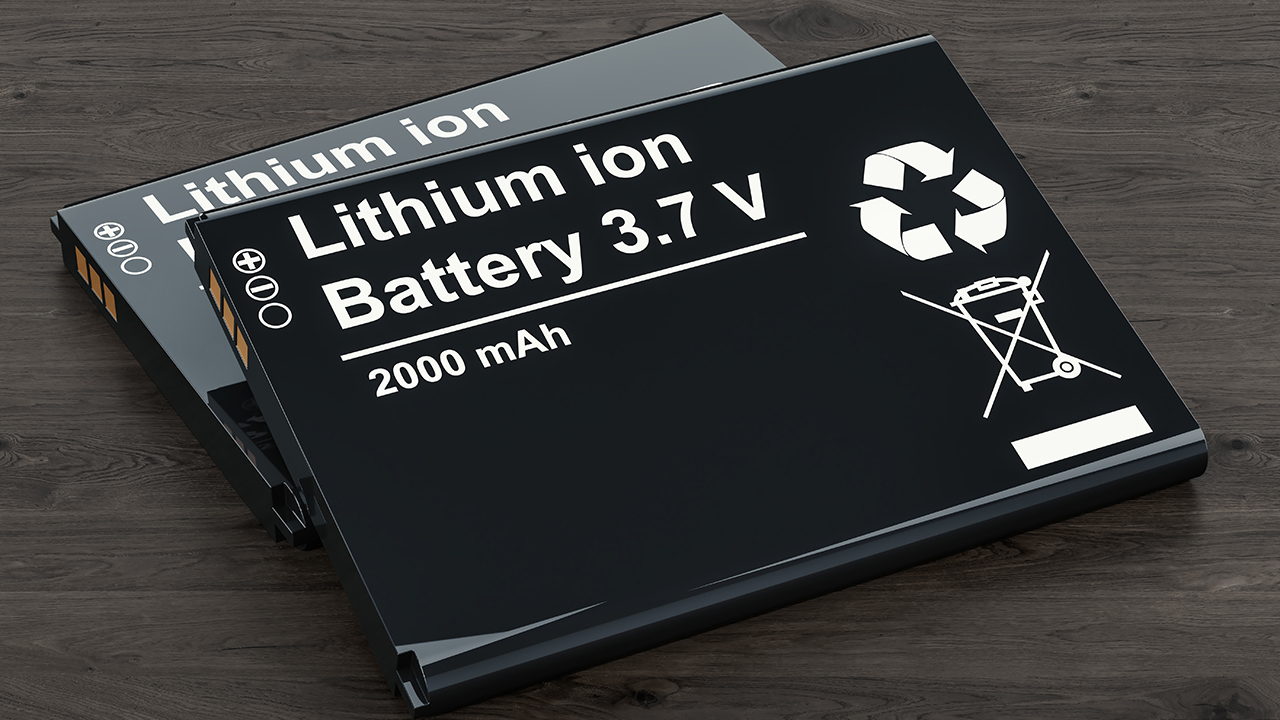OSHA Issues Warning About Wearable Lithium Battery-Powered Devices

OSHA is warning about potential fire and explosion dangers of small wearable electronic devices containing lithium batteries, such as body cameras.
In a recent Safety and Health Information Bulletin, the agency cites a 2018 U.S. Consumer Products Safety Commission Status Report on High Energy Density Batteries Project, which reported over 25,000 overheating or fire incidents involving more than 400 types of lithium battery-powered consumer products that occurred over a five-year period.
The Bulletin explains that small and wearable electronic devices used in workplaces (e.g., body cameras) rely on a power source that stores a high amount of energy in a small space (i.e., high energy density). Lithium cells provide sustained power and often have the capability to recharge. When designed, manufactured, and used properly, such batteries are a safe, high energy density power source for devices in the workplace.
However, they may cause injury if they have design defects, are made of low-quality materials, are assembled incorrectly, are used or recharged improperly, or are damaged.
OSHA notes that workers who wear or frequently handle lithium-powered devices or batteries are particularly at risk if a lithium battery catches fire or explodes, since the device or battery is close to the body.
For example, small cameras worn by workers, such as police and security personnel, can cause burns or other serious injury if the lithium battery catches fire or explodes while worn.
Prevention and Training
To prevent injury, the bulletin says, it’s important for employers and workers to understand a lithium-powered device’s basic function, hazards, and safe use.
The bulletin contains a detailed discussion of all three factors and urges employers to ensure that workers handling lithium-powered devices, cells, or batteries in the workplace understand the hazards and receive training associated with those products, including training on how to:
- Verify Nationally Recognized Testing Laboratory certification for batteries, chargers, and associated equipment.
- Identify defective, damaged, or failing lithium-powered devices and batteries.
- Remove defective devices or batteries from the workplace.
- Quickly remove a lithium-powered device from clothing if it feels hot or if the device is leaking, releasing gas, hissing, bulging/cracking, or on fire.
CBIA’s on-demand safety compliance training program (powered by Training Network Now) is a convenient, cost-effective way for you to protect your employees and your business. CBIA members save 90% off the regular price. Sign up or register for a free, no-obligation 14-day trial today!
Register now for The Wild Workplace: Become the Safety Leader Your Company Needs, March 13 from 8:30 to 11:30 a.m. at the CBIA Conference Center in Hartford.
RELATED
EXPLORE BY CATEGORY
Stay Connected with CBIA News Digests
The latest news and information delivered directly to your inbox.


